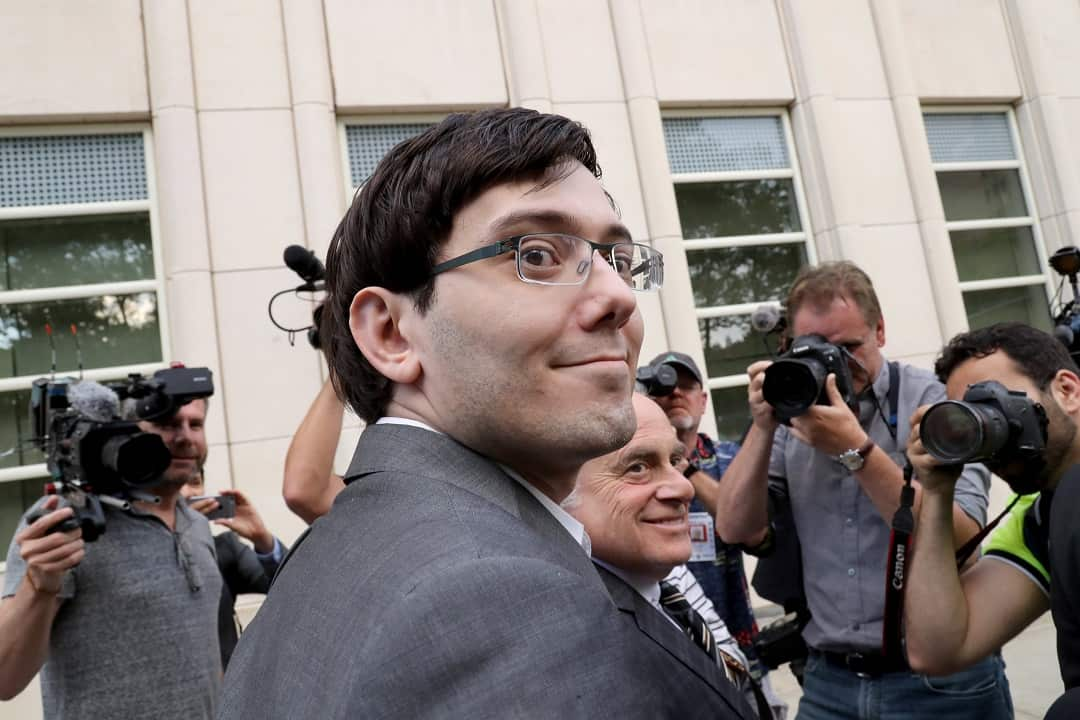In a flurry of media interviews since taking the job as Donald Trump’s attorney, former New York mayor Rudy Giuliani was grilled about how his new client would handle questions from Special Counsel Robert Mueller.
Mueller is investigating Russian interference in the 2016 Presidential election that resulted in Trump’s victory and has raised the possibility of subpoenaing the President.
On Sunday, Giuliani was asked on American broadcaster ABC News to rule out Trump pleading the fifth.
“How can I ever be confident about that?” Giuliani told ABC News.
“When I’m facing a situation with the President... in which every lawyer in America thinks he would be a fool to testify, I have a client who wants to testify.”
What is the Fifth Amendment?
Once the United States won their independence from the British in 1776, the Framers of the United States Constitution were determined to protect individual freedoms, including legal rights.
The Fifth Amendment covers a number of issues, but it’s best known for protecting US citizens’ right not to self-incriminate.
Witnesses, usually in federal court, can invoke the Fifth Amendment to avoid answering questions when the answers might incriminate them.
The theory is that the evidence would be unreliable because if you force people to testify they often will say anything, even lie, in order to make the punishment stop.
It puts the onus on the prosecutors to prove their case using other evidence while the accused can stay silent if they wish.
Prosecutors often make deals with potential witnesses who were accessories to the crime, providing immunity, so they can give their evidence without fear that they could end up behind bars.

Martin Shkreli the former chief executive of Turing Pharmaceuticals who pleaded the Fifth Amendment. Source: AAP
Who has used it?
If Donald Trump pleads the fifth, he’ll join a long list of people that have used the legal protection in notorious cases.
In 2016, former pharmaceutical executive Martin Shkreli refused to answer questions before a House of Representatives committee about huge increases to the price of medication.
He was accused of presiding over 5,000 percent price hikes on lifesaving drugs.
Michaele and Tareg Salahi pled the fifth multiple times when they were questioned about security in the White House after they attended a dinner for the Indian Prime Minister in 2009 as uninvited guests. They also managed to meet President Barack Obama.
It puts the onus on the prosecutors to prove their case using other evidence while the accused can stay silent if they wish.
In 2005, an investigation into steroids in baseball prompted star player Mark McGwire to plead the fifth repeatedly. He later admitted to using the performance-enhancing drug.
Another case involved Kenneth Lay, CEO and chairman of American energy company Enron Corporation. After the company’s financial collapse, he pled the fifth before a Senate Commerce Committee.
He was later convicted of fraud and conspiracy charges.
Is there any equivalent in Australia?
Not really. Although every person in Australia has the right to remain silent, unlike the United States’ Fifth Amendment, it could have consequences.
As read out to those arrested if they stay quiet about something that they later rely on in court, it could harm their defence. The idea is to stop someone from refusing to answer police questions and making up a version of events later.
Share

